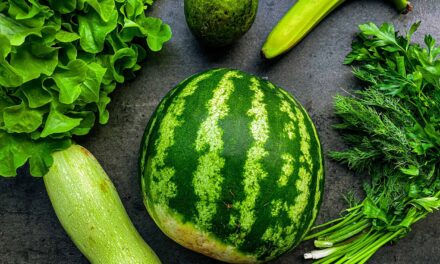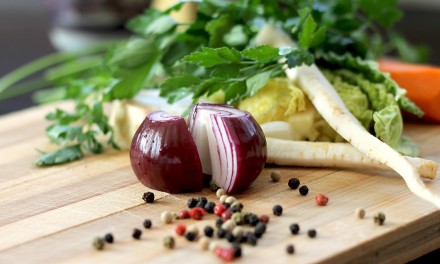The List of Dos:
Let your mouth do the work
Chew your food as much as possible before swallowing. Your mouth produces powerful digestive enzymes. Their function is to partially digest your food before it goes to your stomach. Chewing your food until it is broken down into a smooth, thin liquid is ideal; usually chewing twenty times or so per bite will do the job.
The right attitude
Try to eat with a feeling of gratitude for your food and an awareness of its nutritional power. Conscious eating will enhance your body’s ability to assimilate the vitamins, minerals, and life force of your food.
Walking to prime digestion
A brisk twenty to thirty minute walk after a meal helps activate digestion.
The List of Don’ts
Don’t nap or lie down right after your meal or eat just before going to bed
When you sleep, your digestive functions slow down. Also, if you lie down after eating, your stomach acid has a better chance of seeping up into your esophagus, causing heartburn. Being awake strengthens digestive power and the downward direction of gravitational force works to keep strong stomach acids where they belong.
Don’t eat when you are not hungry or when you are extremely tired
Under these conditions your body may not produce adequate digestive enzymes for efficient digestion.
Don’t drink cold water just before a meal, as it suppresses gastric secretions
Minimize fluids during and immediately after meals. A cup of water one hour before a meal will help insure that your body has adequate water with which to produce digestive fluids.
Don’t drink coffee and black tea with meals
These drinks can relax the ilea-sacral valve, creating premature emptying of the stomach into the small intestine before food is properly broken down by the stomach acids. This, in turn, can lead to indigestion. Remember, these drinks are generally inappropriate for inclusion in an immune-boosting, Candida-starving diet.
Try three to five minutes of deep breathing before you eat to encourage your body into rest mode before you ask it to accept and process food.









Subscribe Today!
Join our mailing list and we'll make sure you don't miss a thing
Thank you for subscribing! We will send you a confirmation email shortly.